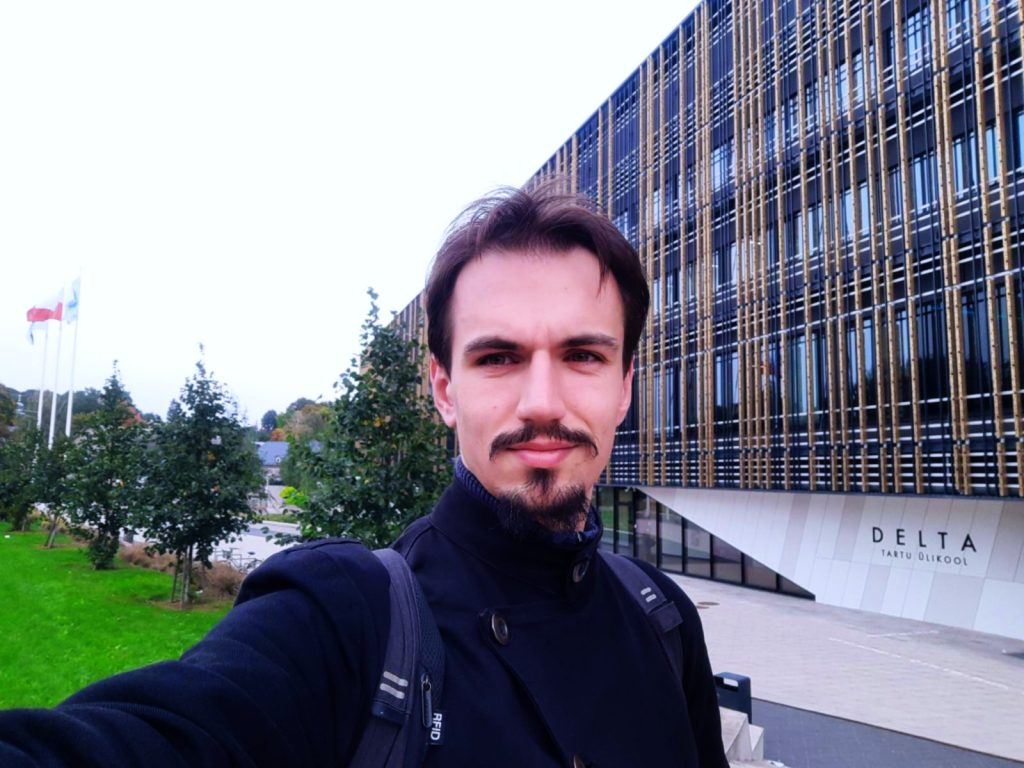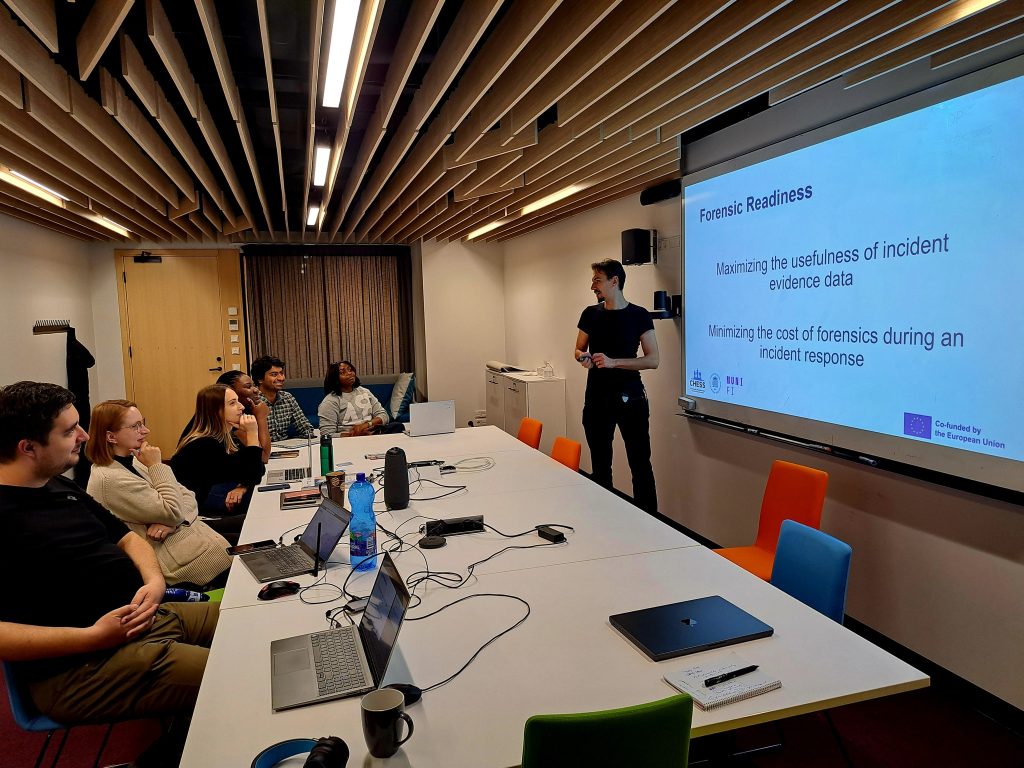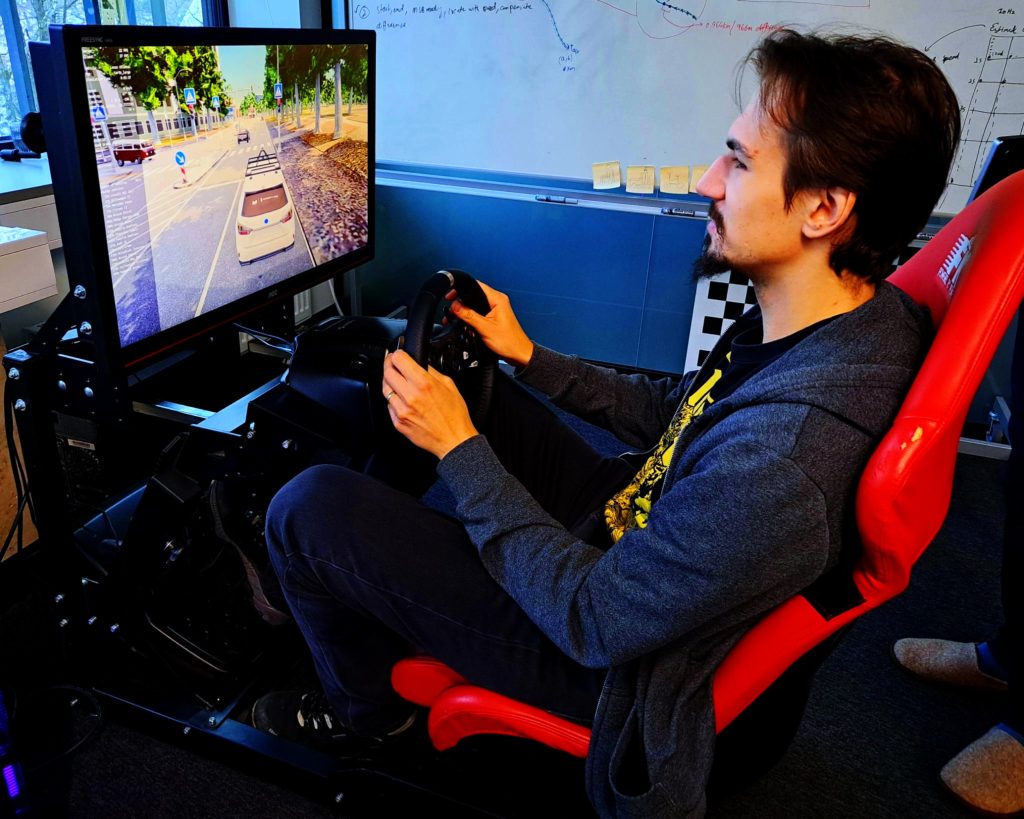Various fellowships in 2024 were organized under the CHESS project between Estonia and South Moravia.
These fellowships facilitate the exchange of researchers between Estonia and South Moravia for joint research, skill development, and access to cutting-edge technologies, advancing knowledge sharing, academic excellence, and the development of new research initiatives. These collaborations focus on building a secure hub in both regions, advancing cybersecurity and innovation.
Fellowship 1: Antonin Dufka and Jan Kvapil from the Masaryk University, Brno, Czech Republic
As part of the CHESS project, Antonin Dufka and Jan Kvapil from Masaryk University led a Threshold Cryptography Workshop for students at the University of Tartu. Through hands-on activities and discussions, they demonstrated how threshold cryptography enhances security in modern cryptographic systems.
This collaboration exemplifies the university-industry synergy, with researchers from Guardtime, Cybernetica, the University of Tartu, and Masaryk University exploring practical use cases, including replacing traditional crypto wallets with zk-Login for enhanced privacy.
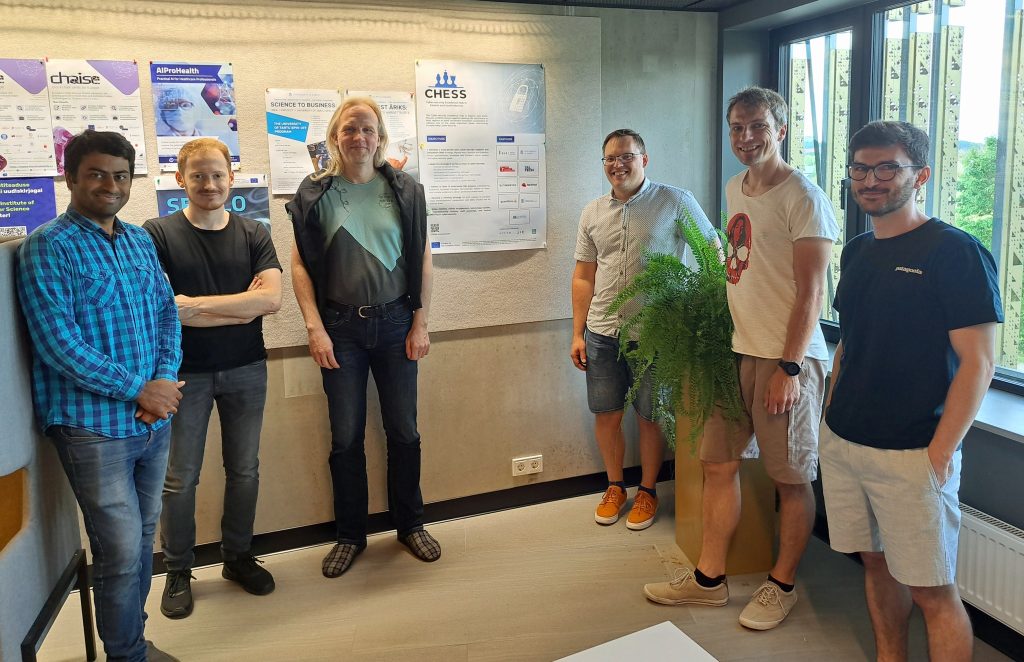
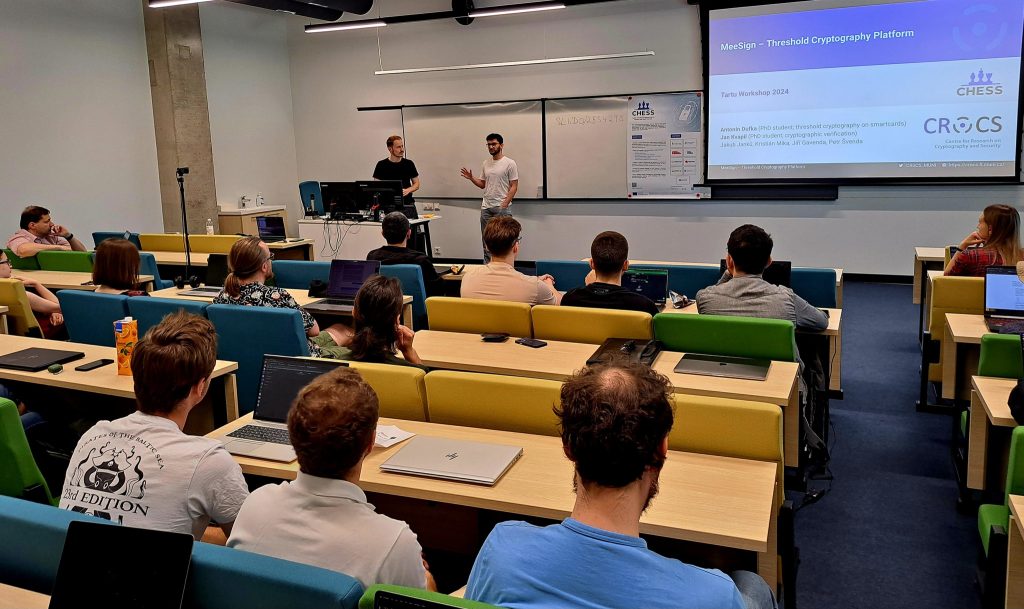
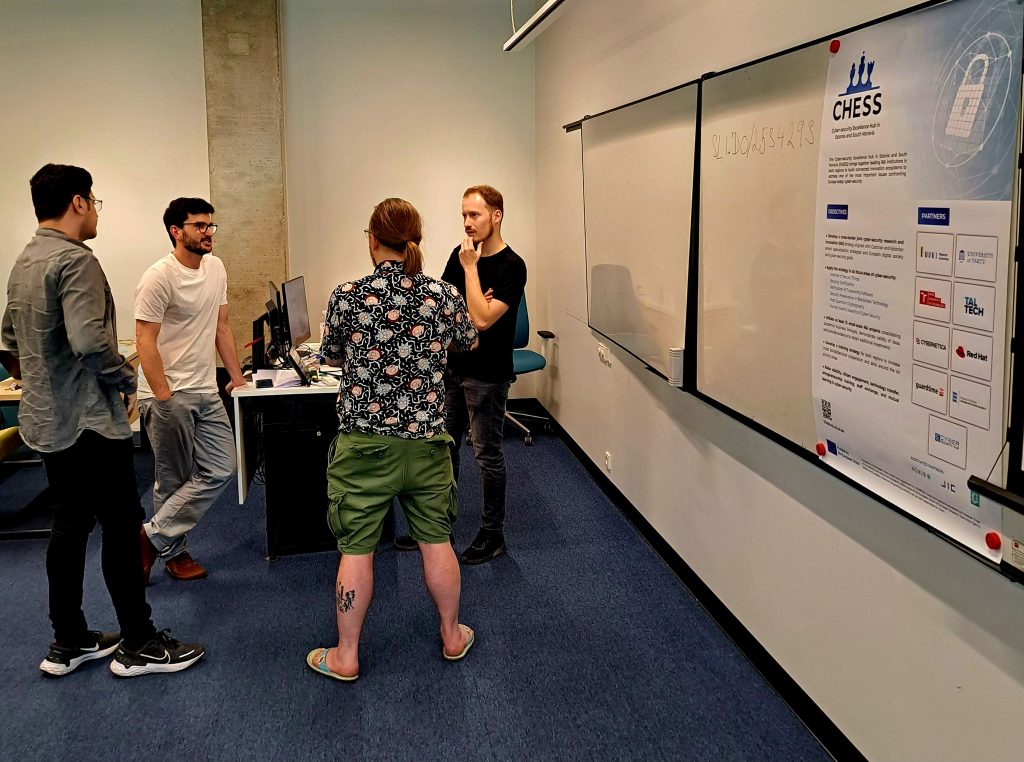
Fellowship 2: Mariia Bakhtina from the University of Tartu, Tartu, Estonia
Mariia Bakhtina spent three weeks in Brno, Czech Republic, on a research fellowship as part of the CHESS project. Far from solitary work, her time was filled with presentations, networking, and deep dives into cutting-edge cybersecurity trends.
She delivered three talks at Masaryk University and Brno University of Technology, discussing secure collaborative data exchange and gaining valuable feedback for her dissertation. Mariia also had inspiring discussions with Prof. Yasemin Acar about applied cryptography, IoT trust, and privacy assurance.
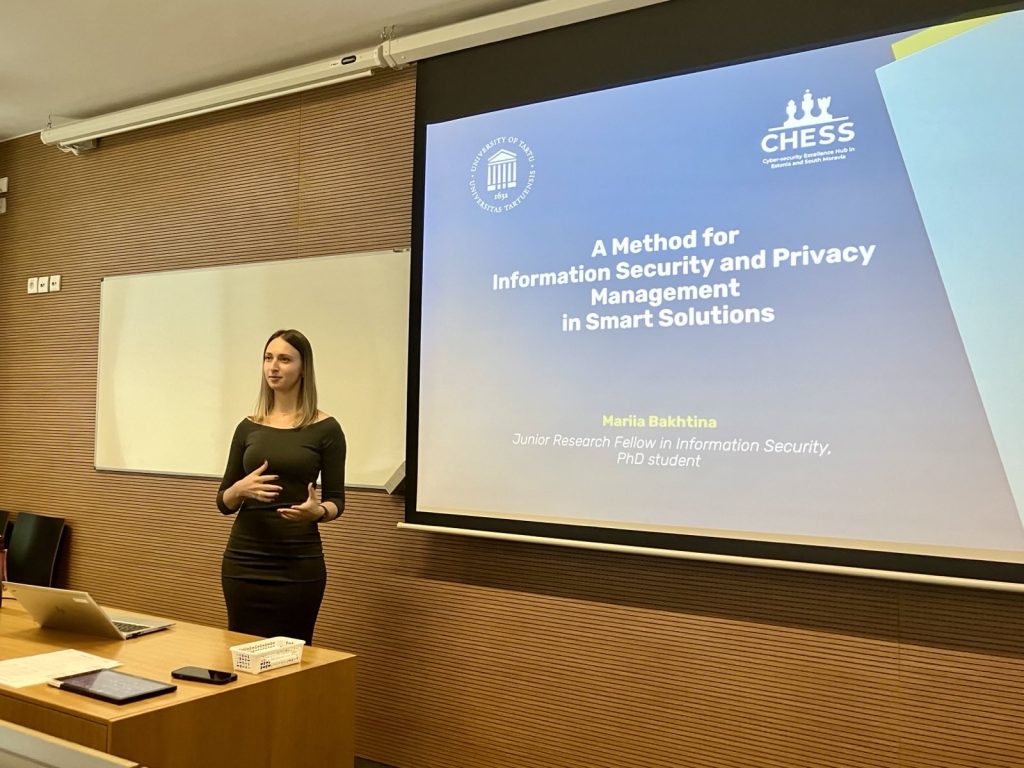
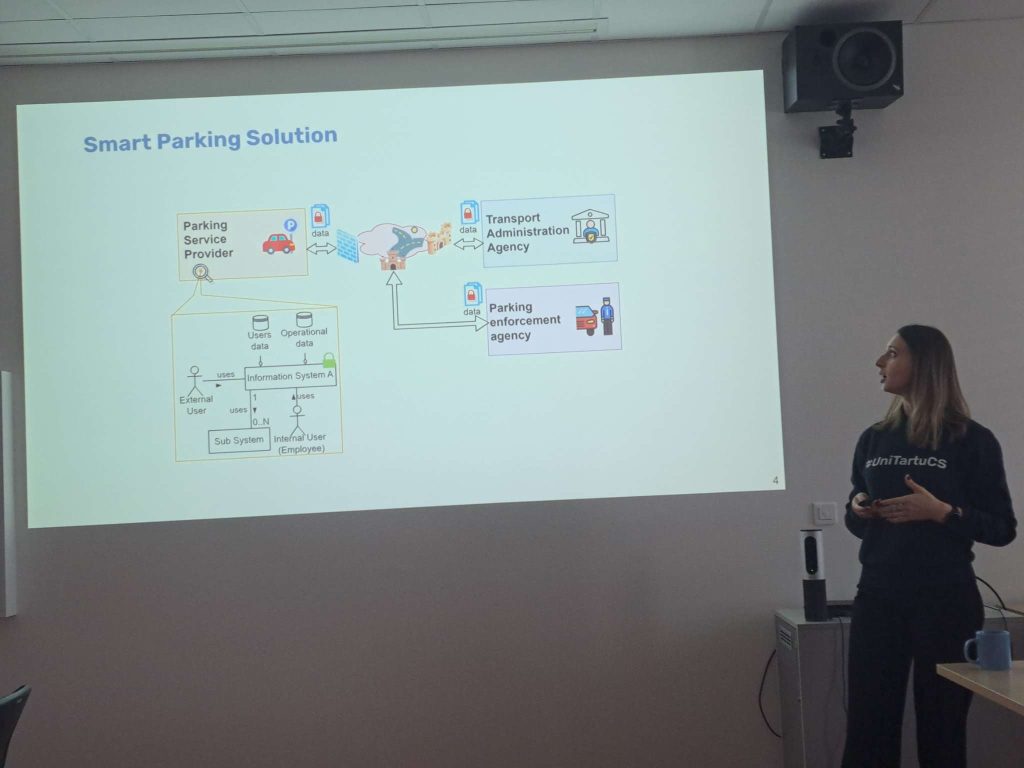

Fellowship 3: Dávid Halász from the Masaryk University, Brno, Czech Republic
Dávid Halász conducted the “Adaptive Safety in Autonomous Ecosystems” workshop at the University of Tartu. The students participated in the workshop, where they explored the trust-based adaptive safety mechanisms. Through hands-on exercises, they adjusted self-driving vehicle safety mechanisms, evaluating trust-based safety models’ correctness and usability.
A special thanks to Dávid Halász for leading the discussions! His fellowship supported knowledge exchange, innovative discussions, and the building of more resilient autonomous systems.
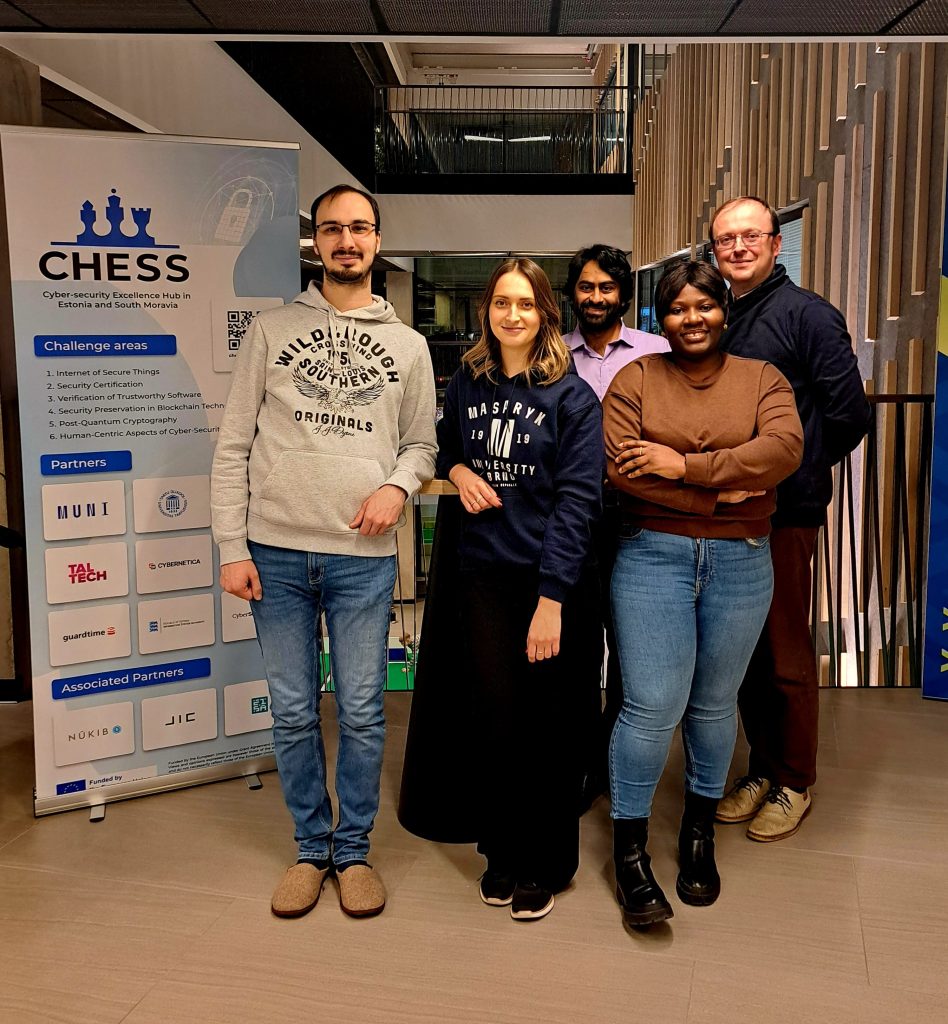
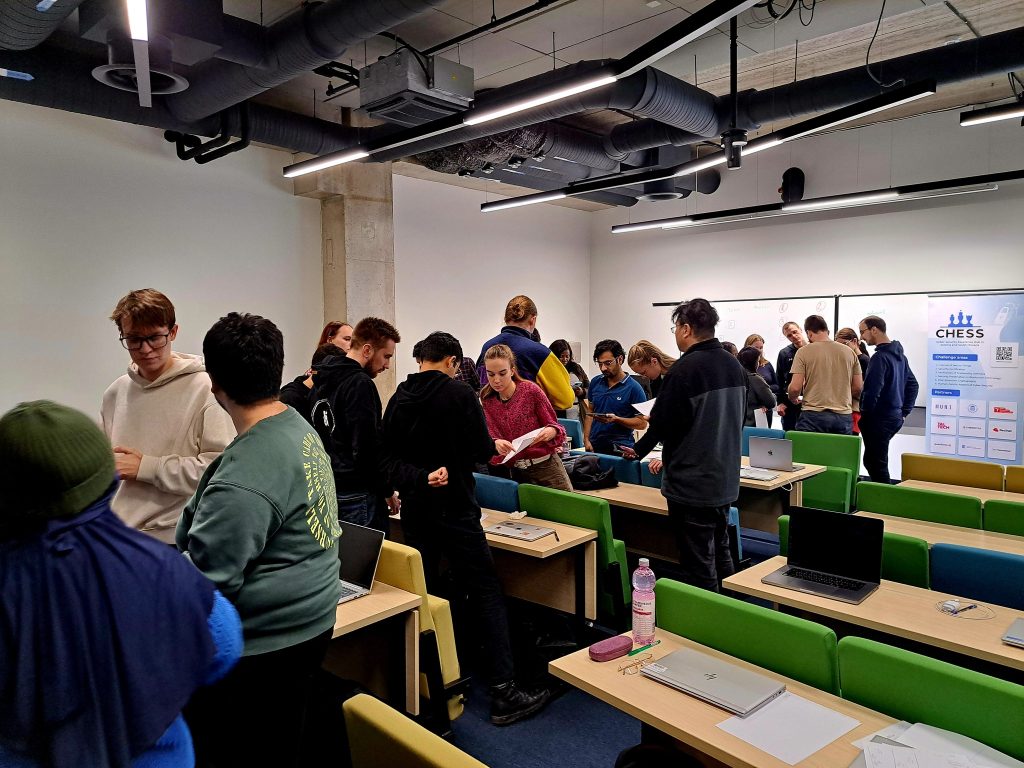
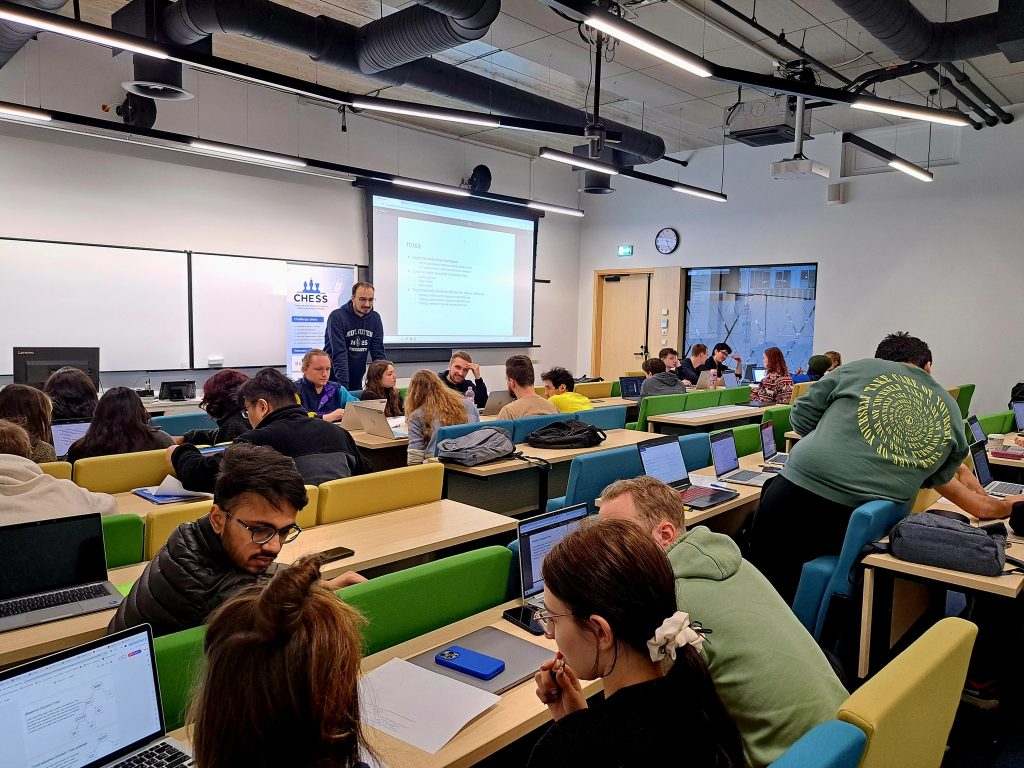
Fellowship 4: Lukáš Daubner from the Masaryk University, Brno, Czech Republic
Lukáš Daubner spent two months in Tartu, Estonia, as part of the CHESS project. His fellowship was filled with research, seminars, and collaboration with the InfoSec team (https://infosec.cs.ut.ee) at the University of Tartu.
Lukáš presented his work on forensic-ready software, explored privacy challenges in autonomous vehicles and vehicle sharing, and engaged in innovative discussions.
